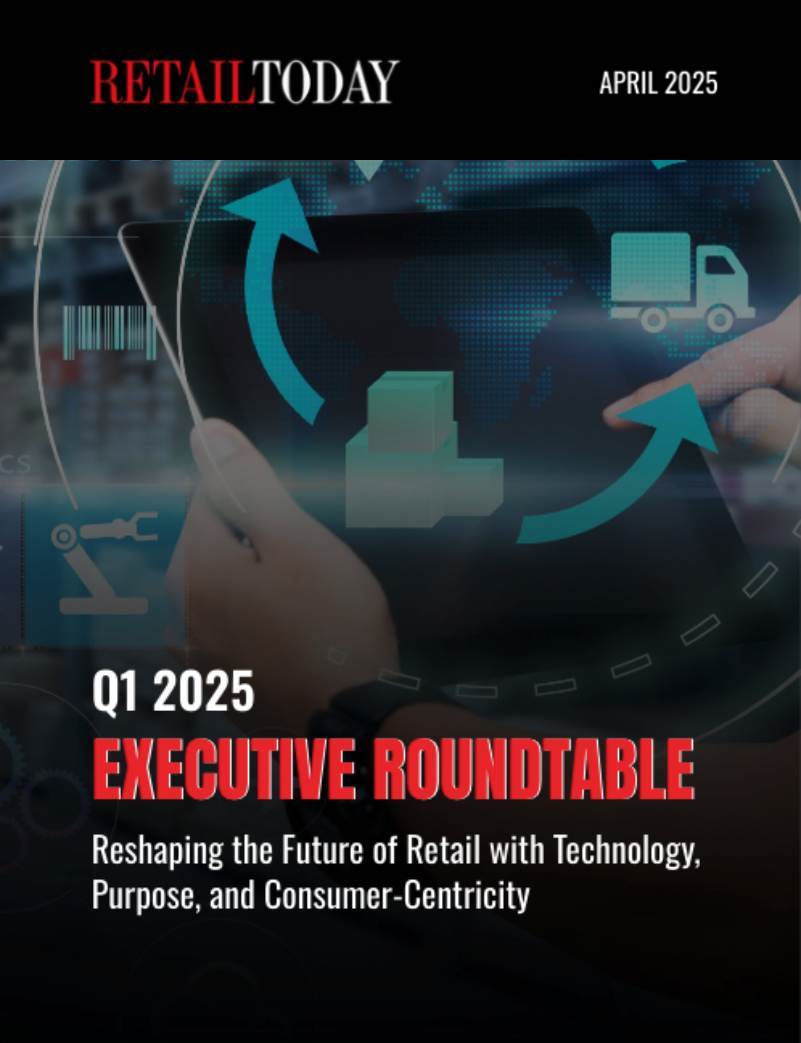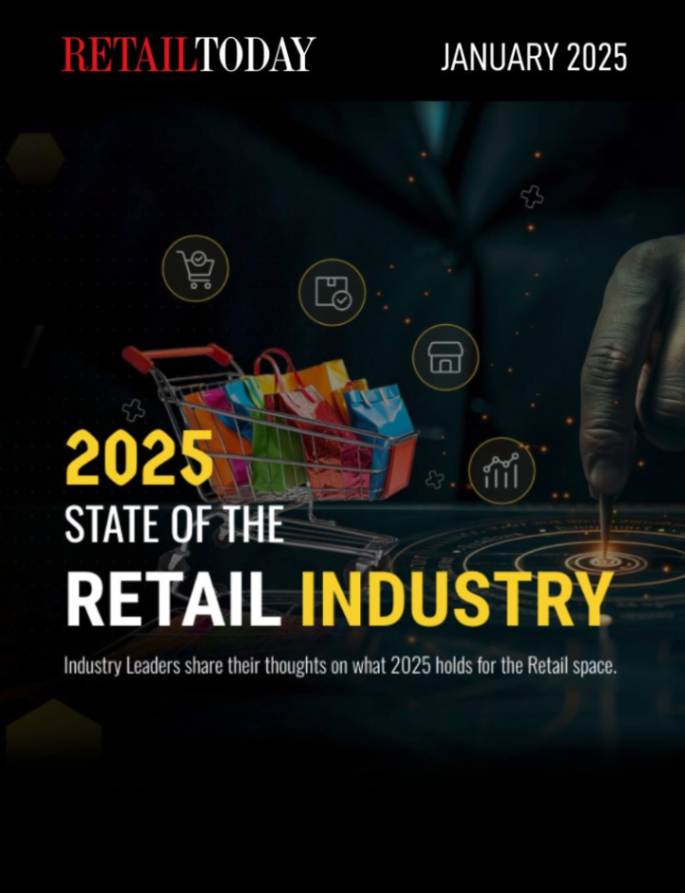
What is a trends roundup without discussing AI? In all seriousness, while the technology reached a new level of prominence in 2023, it should be recognized that a fair amount of food retailers have already been experimenting with — and adopting — AI. Both regional and large supermarket chains, mass merchants and c-stores, for example, apply AI to forecast shopper behavior and run more efficient supply chains. But what about consumer brands?
In a survey of retailers and CPGs, close to a quarter of retailers said they are using AI, compared to only 13% of brands. Going into 2024, while food retailers still have more to learn about AI, the year should see an uptick of consumer goods companies embracing AI to become better collaborators with their grocery retailer partners. Here are four key trends for the new year where CPGs can leverage predictive analytics, boosting retailer collaboration and overall category sales growth.
- Stores will get smaller. The average store size is the smallest it has been in nearly two decades — both in part due to changing consumer shopping preferences and the significance of e-commerce. Retailers and brands are adapting strategies to make the most of continually shrinking store space. CPGs that run predictive analytics to accurately meet evolving consumer product demands can identify where there is strength in their brand and design optimal shelf sets that ensure the most effective use of space for the category.
- Private labels will gain momentum. Amidst a backdrop of disinflation, grocers, especially, will continue to strategically march towards private label offerings as a loyalty play among a growing value-seeking cohort. CPGs can use AI to understand the behaviors of value-seeking consumers and work with retailers to place optimal assortments on shelves that work as accretive sales to private label. CPGs can use predictive insights to know how each subcategory will perform to help retailer partners grow categories overall.
- Data and analytics will be outsourced. If brands are lagging on adopting AI, they’re likely low on resources needed to analyze AI-powered insights. Additionally, as CPGs face margin pressures, brands will turn to outsourcing and staff augmentation to fulfill data and analytics needs. This is a strategic move aimed at achieving cost efficiencies while maintaining essential analytical capabilities that can boost retailer collaboration through insights.
- Store strategies will get local. The focus on supporting local businesses and reducing carbon footprints has led retailers to increase interest in getting hyper-local products on shelves. CPGs can look to AI to optimize local sourcing and help retailers tailor localized strategies across regions and at a store level to meet shoppers walking in step with the “shop local” movement.
Hyper-local assortments, shrinking retail shelf space and an emphasis on bringing value to retail store shelves are trends that will have retailers and brands working more closely in 2024. Through AI, CPGs can propose smarter strategies to meet these trends. The brands that step up will have a more profitable 2024 for themselves and their retailer partners.
Brooke Hodierne serves as EVP of strategy consulting for Insite AI. She previously worked at 7-Eleven as SVP of merchandising for the leading c-store. Before joining 7-Eleven, she held multiple positions at Giant Eagle, notably as VP of own brands.






